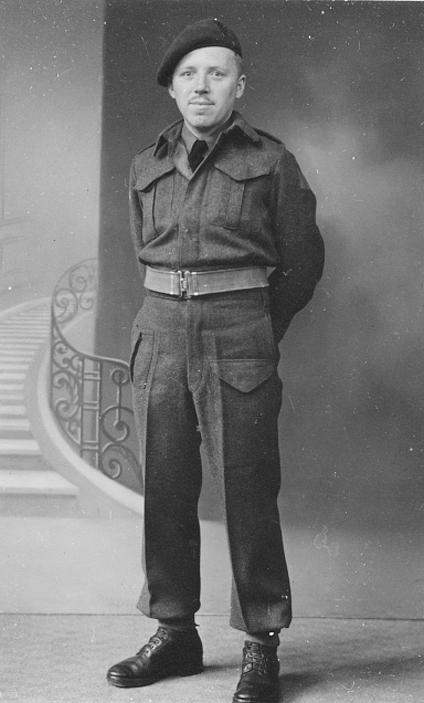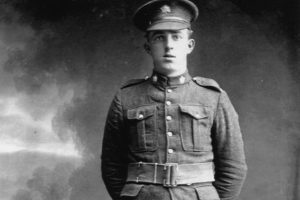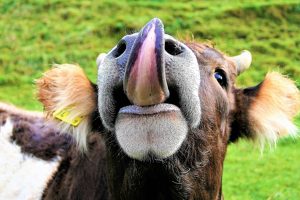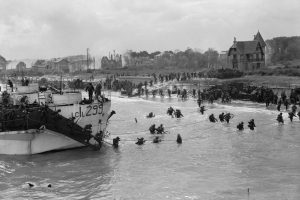By William Ruf – Prairie View, Sask.
I was 21 years old when called to the army on April 17, 1941. I reported in Regina to the Regina Rifle Regiment and then went to Calgary for advanced training, rain or shine, on the shooting range.
Uniforms had to be in perfect condition for inspections, buttons polished as well as boots shiny. Beds were inspected as well, guns cleaned.
I was posted in Camrose, Alta. for three years, doing general duties. I was transferred to Victoria, then to the Queen Charlotte Islands where I arrived by freight boat. We were on lookout towers and many rats took over.
I received two weeks embarkation leave before heading to Halifax where I left for England on Feb. 27, 1945. It took five days to reach Liverpool.
At Horsham, England, the beds were hard straw mattress and we had a necklace with our numbers on and blood type. Many were called. God protected my number.
After the war was over I was sent to Holland. There was no food when we arrived, so we ate our dog biscuit rations, and slept in bombed hotels with no windows or doors. Holland had wooden shoes, beautiful tulips and special roads for bikes made from bricks.
Uniforms included tunic, pants, putties to wear in summer with our shorts, and berets for our heads. We had to mend our own socks. I had only one dish, a square aluminum pan with handles. When finished eating we’d banged it on the side of a barrel.
By 1945, I had four red chevrons on my tunic for four years in service.
We left Southampton on Dec. 22, 1945 and arrived in New York on Dec. 27, 1945. The sea was very rough. We were in a big storm which made us take five days for the North Atlantic crossing instead of three days.
Many were seasick. The waves were 30 to 50 feet high. We ran out of drinking water and had to wash and shave with salty cold ocean water.
Our Christmas dinner was at sea on the Queen Elizabeth on Dec. 25, 1945. We had a turkey dinner with all its trimmings, wearing a poppy to remember the soldiers who gave their lives for freedom, and remembering the ones that came back.




